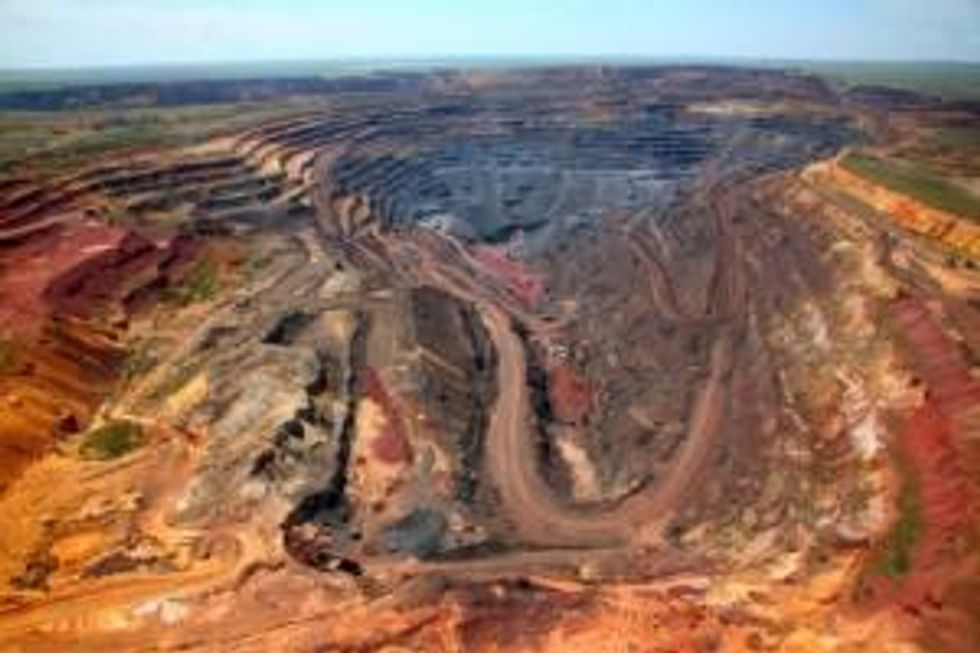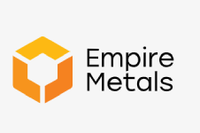Nevsun Resources Accused of Using ‘Slave Labor’ at Eritrea Mine
Nevsun Resources got the market’s attention on Thursday when its stock jumped on rumors of a billion-dollar acquisition. However, it made headlines again on Friday for all the wrong reasons.
Nevsun Resources (TSX:NSU,NYSEMKT:NSU) got the market’s attention on Thursday when its stock jumped on rumors of a billion-dollar acquisition. However, it made headlines again on Friday for all the wrong reasons.
Former workers at Nevsun’s Bisha mine in Eritrea filed a civil claim in British Columbia’s Supreme Court on Thursday alleging that the company facilitated forced labor, “[a] form of slavery,” as well as crimes against humanity and other human rights abuses at the mine.
The plaintiffs, Gize Yebeyo Araya, Kesete Tekle Fshazion and Mihretab Yermane Tekle, are refugees who escaped from Eritrea, according to the statement of civil claim.
Cruel conditions
According to a 2014 World Report on Eritrea from Human Rights Watch, the country is one of the most closed in the world, and arbitrary detentions and severe restrictions on freedom of expression are the norm. Over 305,000 people have fled the country within the past 10 years, the United Nations High Commissioner for Refugees states, and according to the 2014 World Press Freedom Index put out by Reporters Without Borders, Eritrea beat out 179 countries, including North Korea, to come in last place in terms of press freedom.
As is required in the country, Nevsun has partnered with the Eritrean government on Bisha — it owns a 60-percent stake in the mine, while Eritrean National Mining owns the remaining 40 percent.
The statement of civil claim filed Thursday states that Nevsun engaged the Segen and Mereb construction companies, as well as the Eritrean military — all of which use conscripted labor from Eritrea’s indefinite military service program — for the construction of the mine. The three former mine workers were “subjected to cruel, inhuman and degrading treatment as well as harsh working conditions including long hours, malnutrition and forced confinement for little pay.” Conditions included working six days a week, sometimes in extreme heat, while being housed in confined camps when not at work.
Between 2008 and 2012, over 1,000 Eritrean nationals were forced to work at the Bisha mine. The mine workers are seeking damages from Nevsun under domestic British Columbian law and are bringing the action on behalf of other laborers at the mine.
Allegations denied
For its part, Nevsun has denied the allegations, and has said it will vigorously defend itself against the claim. In a statement released Thursday, Nevsun CEO Cliff Davis stated that the mine has “adhered at all times to international standards of governance, workplace conditions, and health and safety,” and that the company is “confident” that the allegations against it are unfounded.
The company also drew attention to an independent human rights impact assessment conducted in 2014, which cites workers and stakeholders as believing that “wages at the Bisha Mine are attractive and higher than those paid in other sectors.”
Still, the statement filed against the company suggests that by entering into a commercial relationship with Eritrea and with contractors who “had been credibly implicated in the use of forced labour,” Nevsun has either expressly or implicitly condoned the practice at Bisha. The company could not be reached for further comment.
The importance of jurisdiction
It’s interesting to note that Nevsun’s share price didn’t suffer as much as one might have expected as a result of the news. After gaining 13 percent on the TSX on Thursday’s rumors of an acquisition by mining fund QKR, shares of the company lost just a penny on Friday to finish at $4.71, and Nevsun actually gained $0.03 on its NYSEMKT listing.
Still, the allegations will remind investors to consider jurisdictional risks when investing in mining companies. Market watchers will no doubt be keeping an eye on the case as the situation unfolds.
Securities Disclosure: I, Teresa Matich, hold no direct investment interest in any company mentioned in this article.
Related reading:






